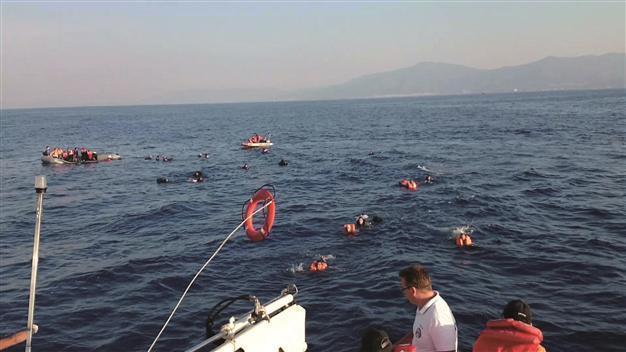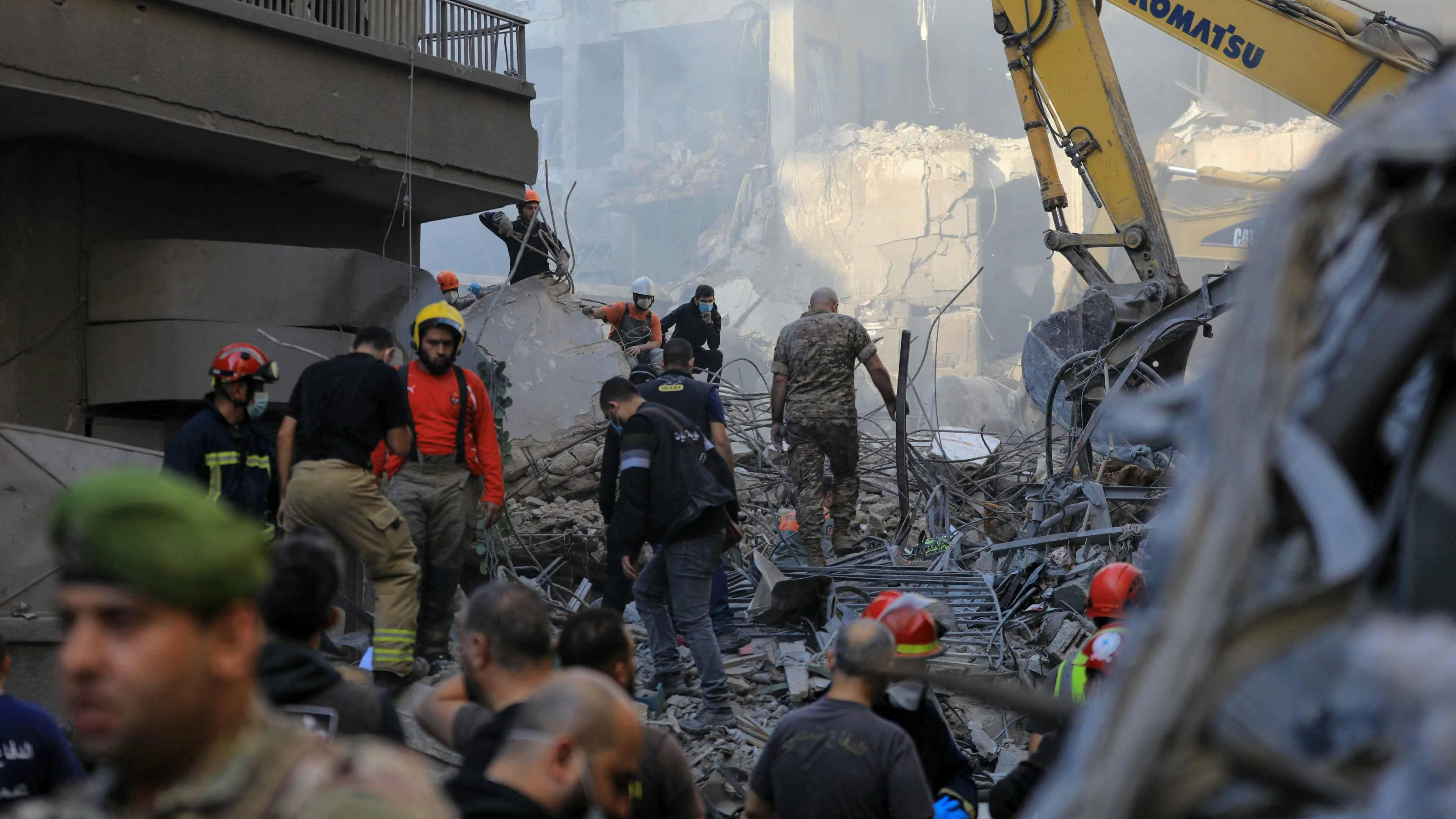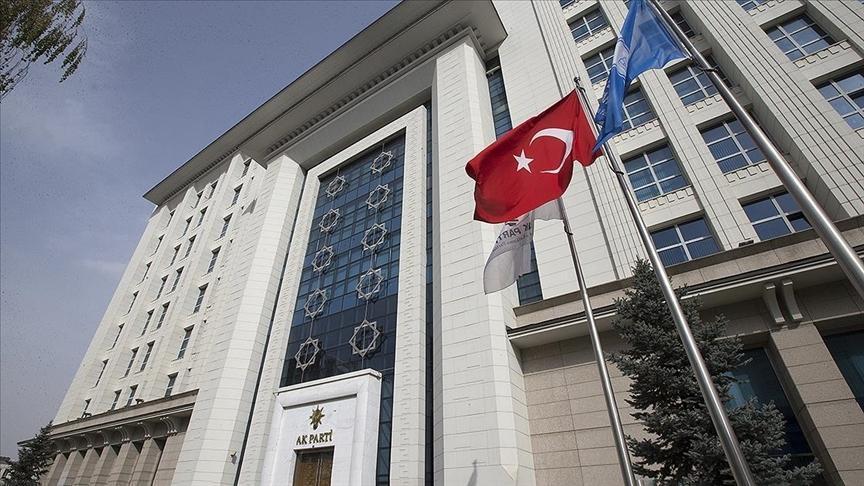World’s refugees rush to Turkey on way to EU
ANKARA

Every year, thousands of refugees make the perilous journey to Europe by sea via Turkey on small boats. Hundreds perish on this journey every year in accidents.
Turkey has increasingly become a bridge for human trafficking, as citizens of developing countries exploit its visa exemption policies to use its territory as a stepping stone to reach Europe, according to a parliamentary report.A commission from Parliament's Human Rights Committee on the issue conducted research on the border with Greece and Bulgaria and prepared a report.
The report found that even people from as far away as the Dominican Republic are being captured at border crossings in the northwestern province of Edirne.
It also cited the mountainous terrain in the eastern part of Turkey, the country's open-door policy vis-à-vis Syrian refugees, and visa exemption practices with a number of developing countries as contributing factors attracting people to Turkey ahead of illegal crossing attempts.
Most recently, coast guards caught 41 illegal migrants off the Aegean district of Ayvalık as they were sailing to Lesbos in Greece.
The Human Rights Committee also conducted research on refugees who have fled from Iraq and Syria, particularly on Yazidis from Iraq and on Syrians that have fled from Kobane amid attacks by the Islamic State of Iraq and the Levant (ISIL).
Iraqi Yazidis, who were met by committee member deputies, vowed that they would not go back to their country and were aiming to go on to European countries, according to the report.
In September and October, around 190,000 refugees entered Turkey from Kobane, while 820 trucks of humanitarian aid were delivered to the Kurdish city, according to the report, which added that 857 people injured in battles in Kobane have been treated in Turkey.
Overall, the total number of refugees from Syria in Turkey has reached 1,627,000, some 223,996 of whom are taking shelter in camps. Some 324,738 Syrian refugees have returned home so far, according to the report.
Another parliamentary committee also conducted research at camps hosting people who have fled clashes in Iraq and Syria for shelter in Mardin and Şanlıurfa on Oct. 23-24 and reported their assessments. The committee previously also visited camps located in Hatay, Adıyaman, Şanlıurfa and Kahramanmaraş.
A camp in Nusaybin, with a capacity for 13,500 refugees, has been prepared to deal with a possible mass influx from Iraq.
All registered refugees are given identification cards after providing fingerprints, and many crossing over do not possess any identification documents. The refugees also undergo a medical examination, while children receive vaccinations, according to the report.
In Nusaybin, the previously supplied daily hot meal has been replaced by cards for refugees loaded with 85 Turkish Liras monthly to obtain food from markets in the camp. Some 60 liras of this amount is supplied by the United Nations World Food Programme, while the remainder is provided by the Turkish disaster agency AFAD.
















